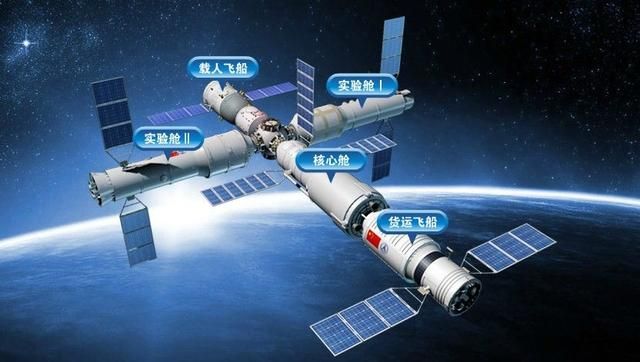News Center
Exploiting earth-moon space: China ambition after space station
March 09, 2016
Source: Xinhua 2016-03-07 23:25:15

BEIJING, March 7 (Xinhua) -- China will manage to exploit the space between earth and the moon for solar power and other resources after it builds a space station in 2020, Lt Gen. Zhang Yulin, said Monday.
The deputy chief of the armament development department of the Central Military Commission said preliminary work on the program had already begun.
"The earth-moon space will be strategically important for the great rejuvenation of the Chinese nation," said the national lawmaker.
China's military authority is one of the several departments working on the national space program.
Zhang told Xinhua on the sidelines of the ongoing annual legislative session that generating solar power in space will be much more efficient than on earth. Silicon dioxide used in solar panels, is inexhaustible on the moon, while water in the moon's polar regions and on asteroids can be electrolyzed into oxygen and hydrogen to make propellant for spacecraft.
With propellant and solar panels, a solar power plant could be constructed in space between earth and the moon, impossible with current technology as an industrial-scale power plant would weigh over 10,000 tonnes. The International Space Station, the biggest man-made object to be sent into orbit, weighs just over 400 tonnes.
Besides power, the earth-moon space has a lot of other resources, he said, adding that the current manned earth-moon space program could lay the foundation for a manned Mars program and other deep-space exploration.
"The future of China's manned space program, is not a moon landing, which is quite simple, or even the manned Mars program which remains difficult, but continual exploration the earth-moon space with ever developing technology."
A series of space missions is planned to verify key technology for the space station. Around 2020, a medium-sized space station with three modules and weighing 60 tonnes will be put into orbit.
